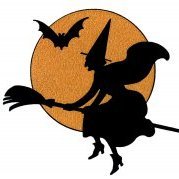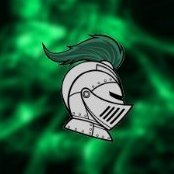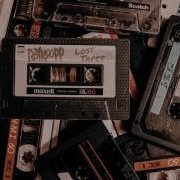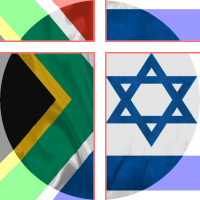-
Posts
1330 -
Joined
-
Last visited
Trutharchivist's Achievements
699
Reputation
Single Status Update
See all updates by Trutharchivist
-
Rosh Ha'Shana is over. We have this past us. So that must mean the day of judgement has passed and we're starting the year, right?
Wrong. Oh so very wrong. But I'm not here to talk about that yet - maybe I'll get to it here, maybe next week. Today, though, is a fast day - and that's what I want to talk about.
Now, since next week is Yom Kippur, which is also a fast day, I think it's time to clarify a few things. In the Hebrew calendar, there are six basic fasting days during which most everyone is supposed to be fasting (unless ill). There are a couple more days during which some people fast, but those are a different story. Out of thse six, four are to commemorate the Temple's Destruction (together with the destruction of the land of Israel and the exile), one is Yom Kippur and comes directly from the Torah, and the other has... somewhat unclear origins. We already talked about two of the four Destruction fasts - 17th of Tamuz and 9th of Av. Today is a third - Tzom Gedaliah, the Fast of Gedaliah - and the fourth is around Christmas, usually after. Before you ask, yes, it's not long after Hannukah. I'm not going to spell it in every possible way, so I hope you gathered my meaning.
So, the fast of Gedaliah. What's the story? Who is this Gedaliah guy, and why is there a fast day named after him? To answer this, we'll have to go back to the days of the First Temple - to be more accurate, to the days after the First Temple. Note that this event has no Second Temple equivalent - and that's we're still moving forward in the timeline. Next time won't be this way.
Nebuchadnezzar, king of Babylon, came to Judeah after one rebellion too many and destroyed it. We went over that already. He took most of the people and exiled them, taking them back to Babylon to serve as slaves and to live there. But here's the interesting part: he didn't actually take everyone. Sure, he killed the king and didn't leave anyone from that line in charge again - he learned his lesson after two rebellions - but instead he put on some guy who probably had some experience with this kind of things but wasn't likely to rebel: Gedaliah, son of Aḥikam, son of Shafan - the latter was a scribe for king Yoshiahu (Josiah) a while back. Either that or Shfan was a popular name at the time, but I rather do think they were related. Anyway, this guy was left in charge - possibly he was known to have been of the faction opposing rebellion, which makes sense considering Jeremiah continually preached surrender to Babylon, and Shafan's family tend to appear as his supporters in scripture.
So, while Gedaliah is organising stuff, a couple of Jewish army officers arrive with their soldiers. Gedaliah welcomes them with open arms and reccomend they join him and live with the Chaldean (Babylonian) occupation. Among those officers are two people you need to know about specifically - Ishmael son of Nathaniah and Yohanan (Johanan) son of Kareaḥ. Yohanan's brother, Yonatan (Jonathan), is also there, but IIRC he doesn't serve this large a role.
Anyway, things seem fine. At least to Gedaliah they seem fine. Yohanan comes to him, though, telling him theat Ishmael isn't really that innocent - he was sent by Baalis, king of the Ammonites, to murder Gedaliah - possibly because Baalis didn't like the Babylonian Empire much. Ishmael himself, BTW, is a descendant of David's line of kings - well, not exactly, I think he's a distant cousin to the last king, but he is related. So, Yohanan offers to... take care of this situation, as he believes killing Gedaliah would scatter the people and leave them leaderless - not to speak of how angry Nebuchadnezzar will be once he finds out what happened. Gedaliah refuses to believe Yohanan, though, and in the 7th month, supposedly on Rosh Ha'Shana itself, Ishmael goes forward with the plan and offs Gedaliah.
What follows is a very unpleasant story. Ishmael kills a bunch of people who came to Gedaliah, only leaving a couple alive because they promise him a treasure. Seriously. Then, on his way to take everyone he found with Gedaliah to the land of Ammon, he bumps into Yohanan and his people. Most everyone who was with Ishmael immediately chooses to go with Yohanan instead, and Ishmael runs away with eight people to Baalis.
And now for the grand finale. Because, you know, Gedaliah dying wasn't the end. Well, maybe "epilogue" is more appropriate - one would assume the showdown between Yohanan and Ishmael is the finale. So, Yohanan and the rest of the people left in Judea start walking towards egypt - since Nebuchadnezzar's retribution is probably on its way, and chances are he won't look favourably at the people left in Judea, or believe them that they tried to stop the assasination. They stop on their way, though, to consult with the residing prophet - Jeremiah. They ask him to pray to G-d and tell them what to do - though they truly were already on their way to Egypt, so...
And, sure enough, when Jeremiah tells them that G-d told him they should remain in Judea and settle things with Nebuchadnezzar, Yohanan and co (who promised to listen to what he says - unlike literally anyone else Jeremiah prophesized to prior) accuse him of lying and of being influenced by his student, Baruch son of Neriah, to say what he did. Jeremiah promises them ruin if they go to Egypt, they don't care.
The story isn't completely over there - but no story truly is, so we'll settle here. That's how the last of the Jews in Judea left the land empty and went to exile. Now, the question is: is this really an event worth fasting over? So far, we had the breaking of the walls of Jerusalem and the burning of the Temple. Is anything happening afterwards really important?
Well, the apparent answer is "yes". It's the why that's the problem, really. Why is this such a big event? Well, there may be many answers to that, but the simplest one is: this is the last nail in the coffin called exile. Up until then, there were still Jews in Judea - or Israel, if you want to call it that way. The land was ruined, but maybe something could begin anew. Maybe, after some convincing, Nebuchadnezzar might even allow rebuilding the Temple - though I admit it's far fetched. Still, this is the epilogue to the story of the Kingdom of Judea: the sad ending where everything is ruined and nothing remains.
It's not the end of the Jewish story, of course; but that's just how history works, things keep happening. So, seventy years later, the Persians allow people to return to Jerusalem and rebuild it, in what's called "the Return to Zion", following the declaration of Cyrus the Great. But that's another story - one I'm not sure I'm ever going to tell here, so maybe go over Ezra and Nehemiah from the Old Testament if you want more details on that, or Hagai, Zacharias and Malachi for the prophets of the time.
To go back to today, though: it's a regular fasting day, no eating or drinking while there's daylight. There are additions to the prayers - but except for the reading from the Torah and Prophets during the afternoon prayer it's actually things that are already added to the prayer for over a week now - that has to do with Rosh Ha'Shana, Yom Kippur and the ten days in between (actually seven, but we include Rosh Ha'Shana and Yom Kippur themselves). Those are called the Ten Days of Repentance - " 'Aseret Yemei Teshuvah". It's exactly what it says - ten days to repent one's sins from the previous year. Said additional prayers are called "Selichot" - lit. appologies or forgivenesses (not getting too much into semantics here), and include mostly the Thirteen Attributes of Mercy from Exodus 34 verses 6-7, plus prayer poems written throughout the ages. This kind of prayers is said on fast days and around Rosh Ha'Shana - and today is both, which means nothing actually changes.
That's it, basically. I have half a mind to start writing stuff about the Tanakh in general instead of just going over holydays, but whether or not I do it depends on demand. So, if you really want that from me - a Jewish look at the Scriptures of the Tanakh (meaning the Old Testament) - make sure to say that in the comments down below! (Am I starting to sound like a YouTuber? Oh no.)
Anyway, short summary to those who want it: today is a fast day over a politically motivated murder from 25 hundred years ago, as depicted in the book of Jeremiah chapter 40. Said murder resulted in the finality of Jewish exile (meaning, literally everyone went into exile - more or less), and we mourn it to this day. Also, Rosh Ha'Shana was just the start - brace yourselves, because this month is full to the brim.
Thank you for reading, and have a good day!

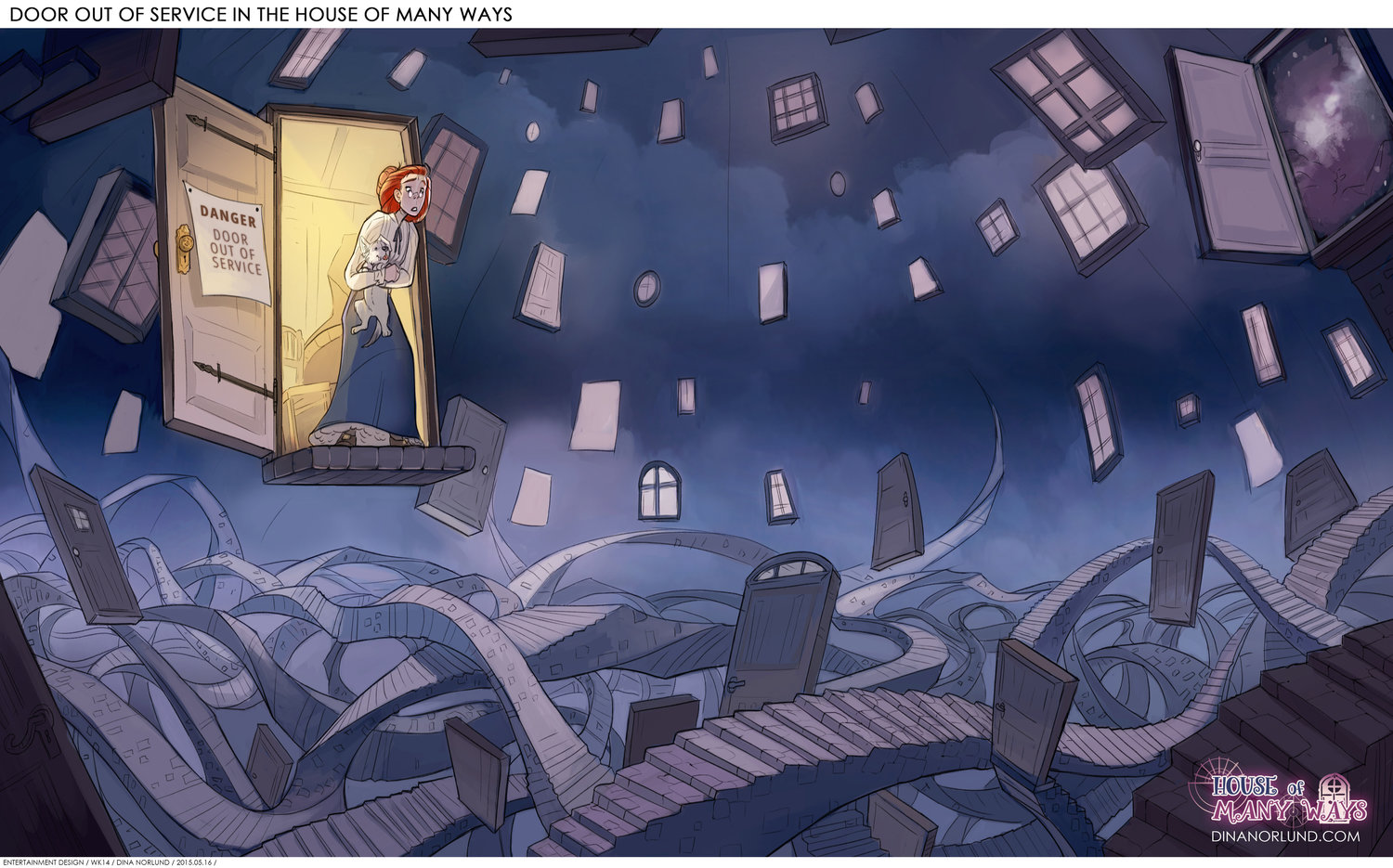
.thumb.png.5afeb53c24c681e1d35e3f8ba62a6319.png)

